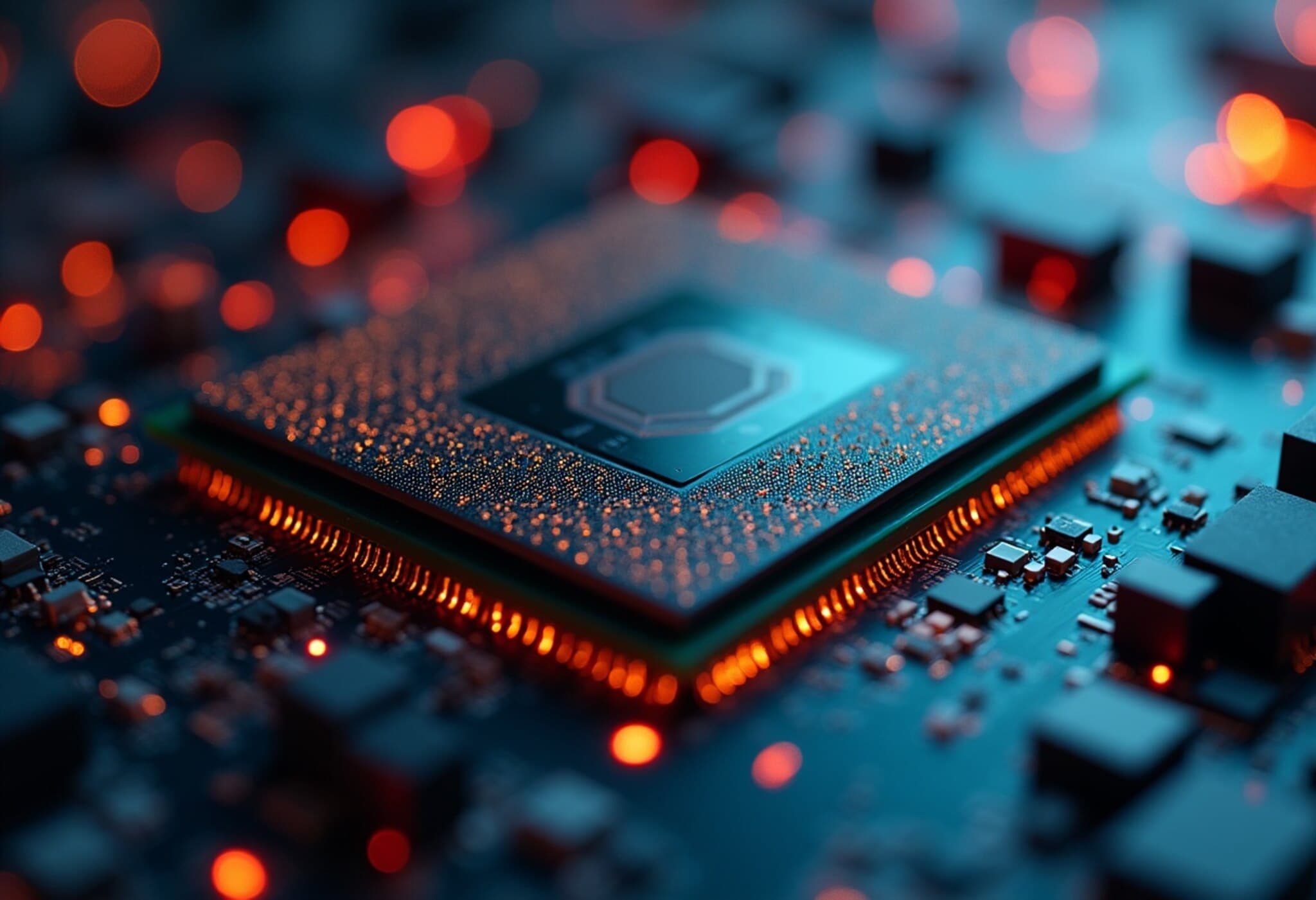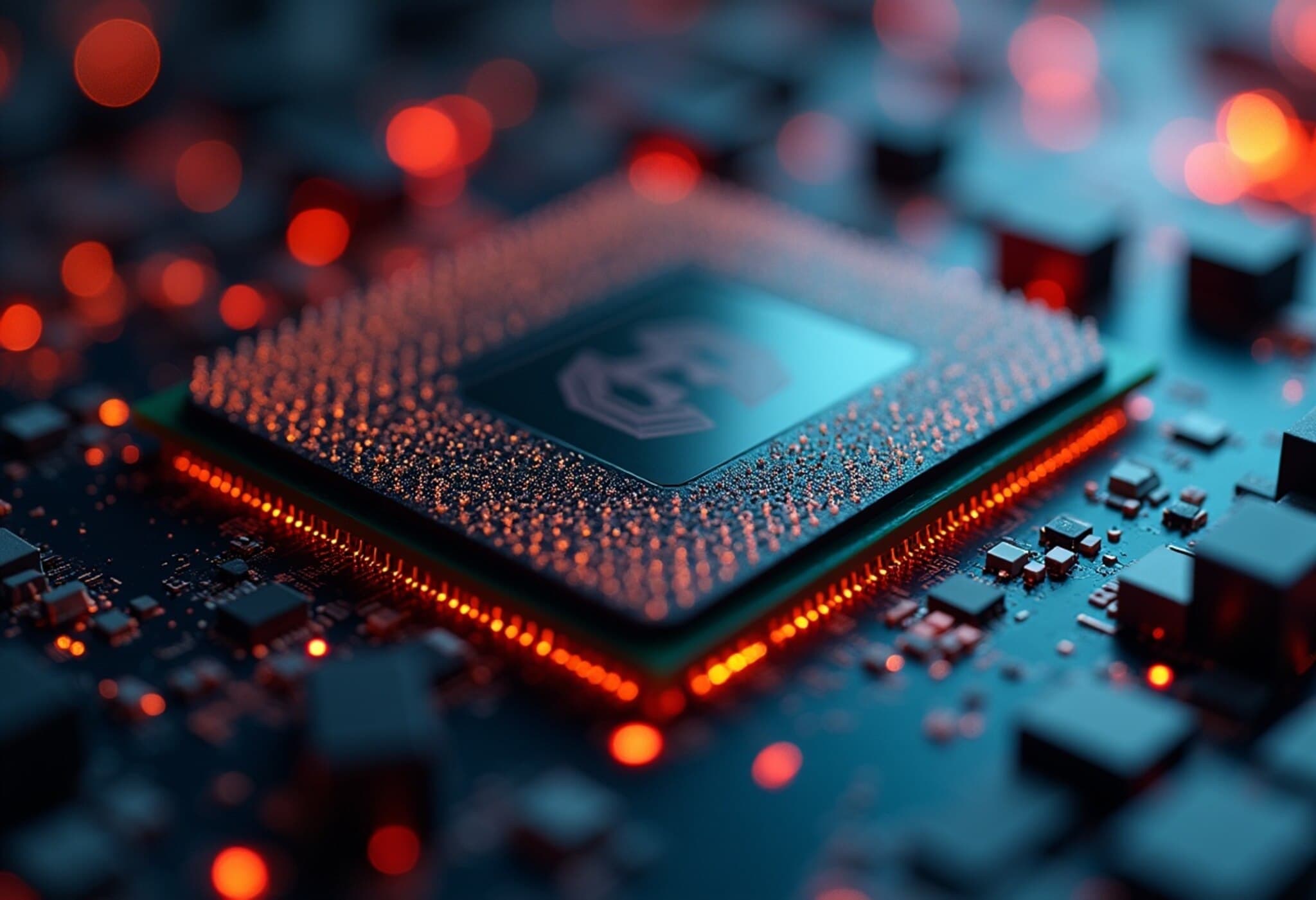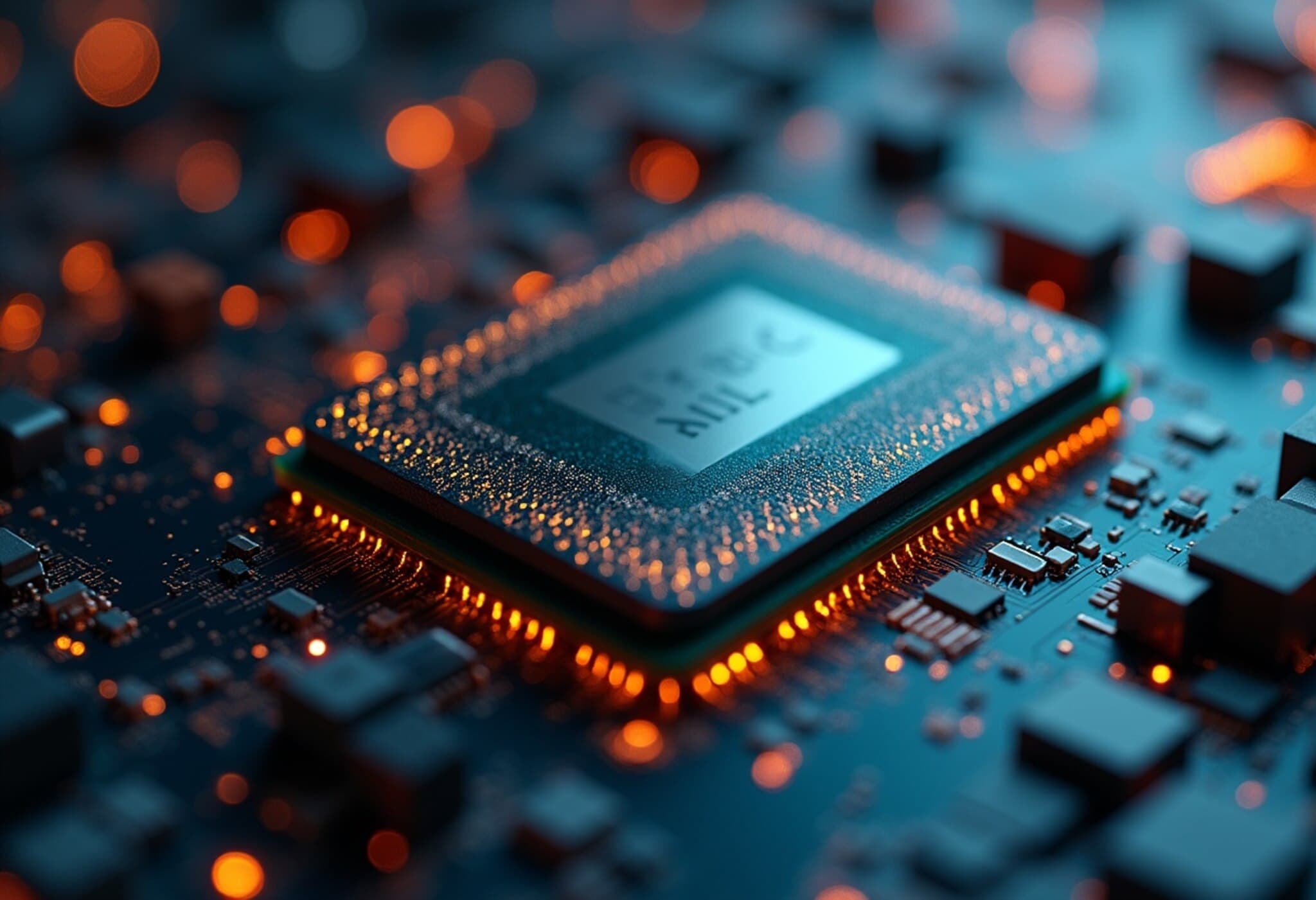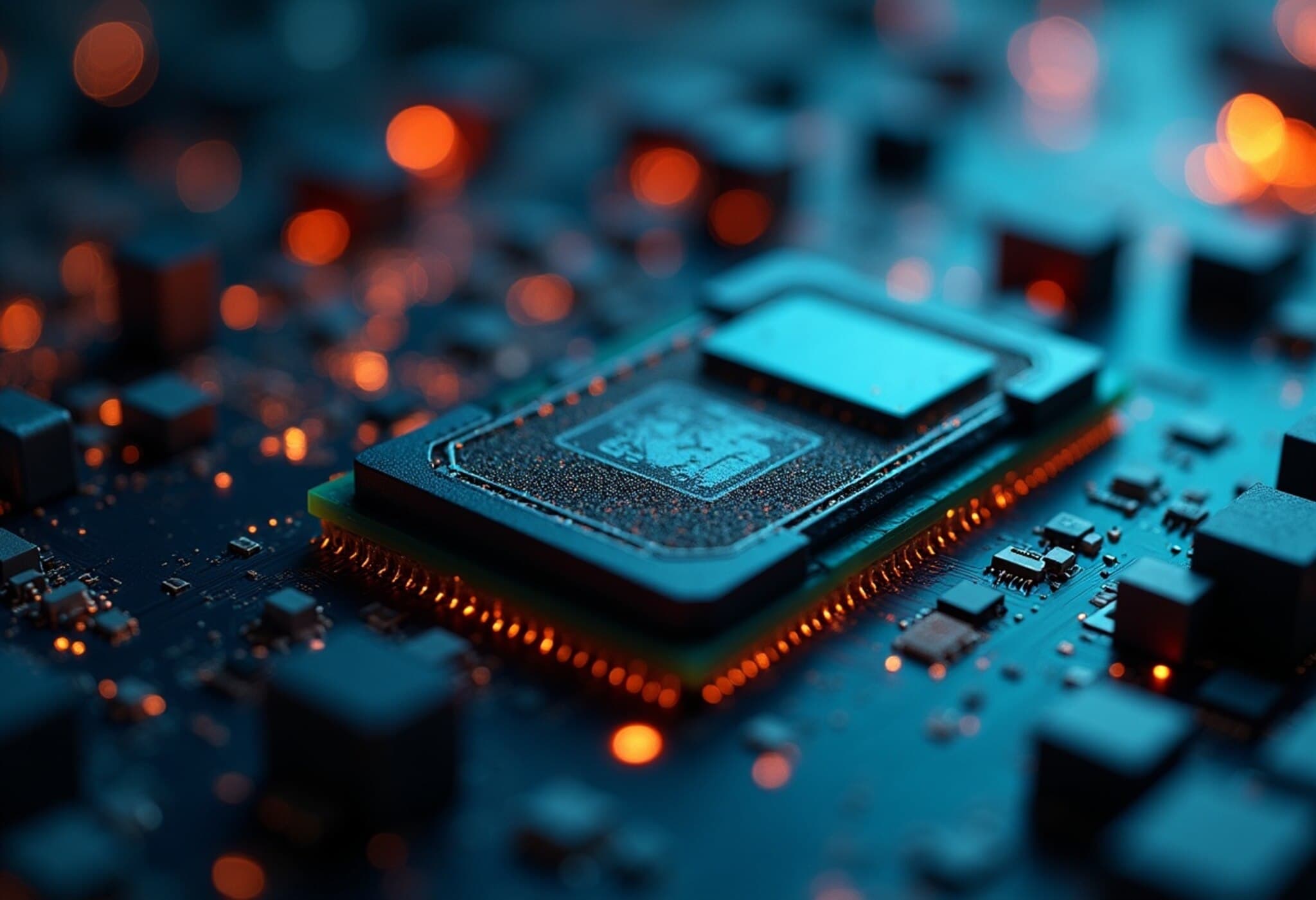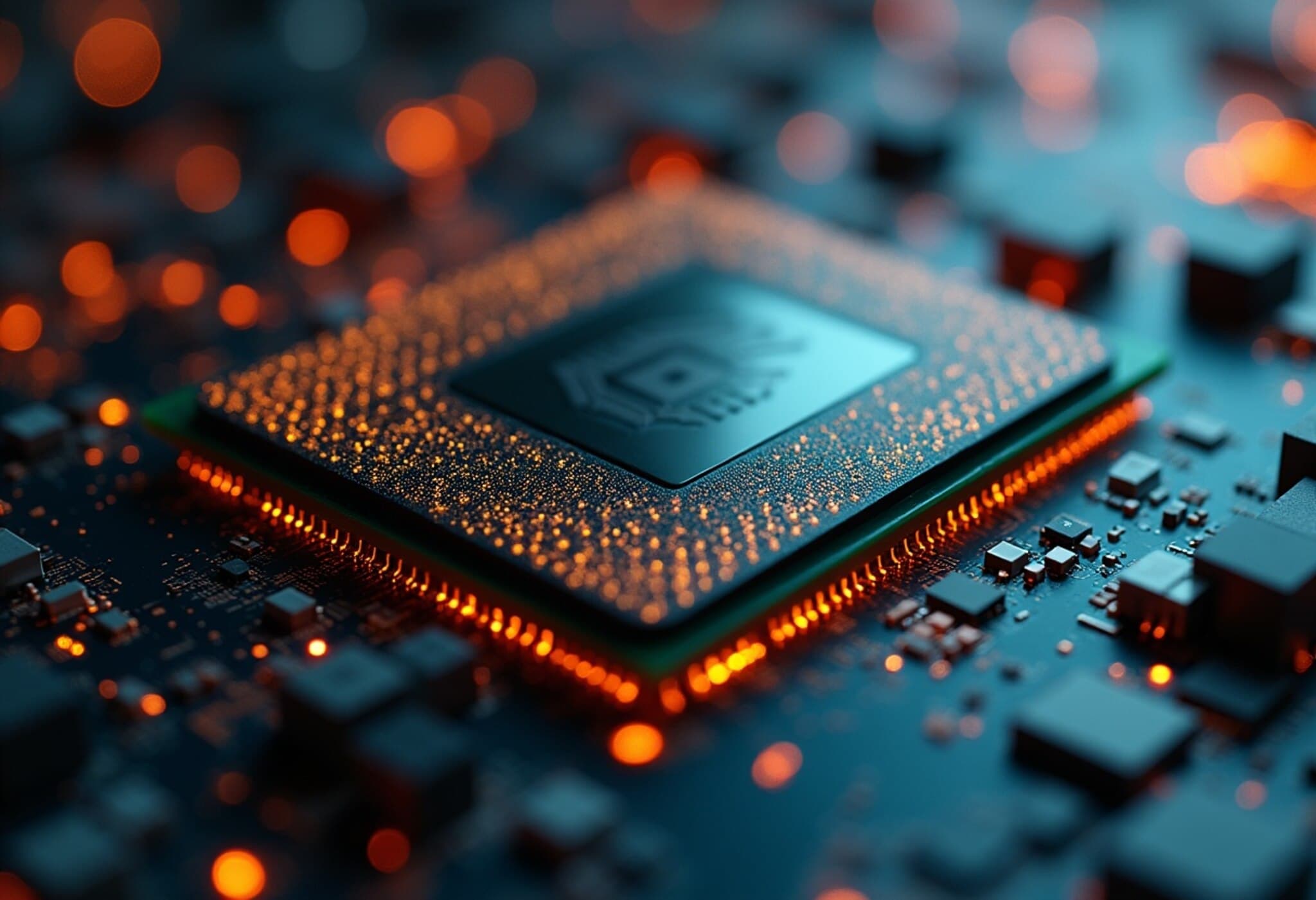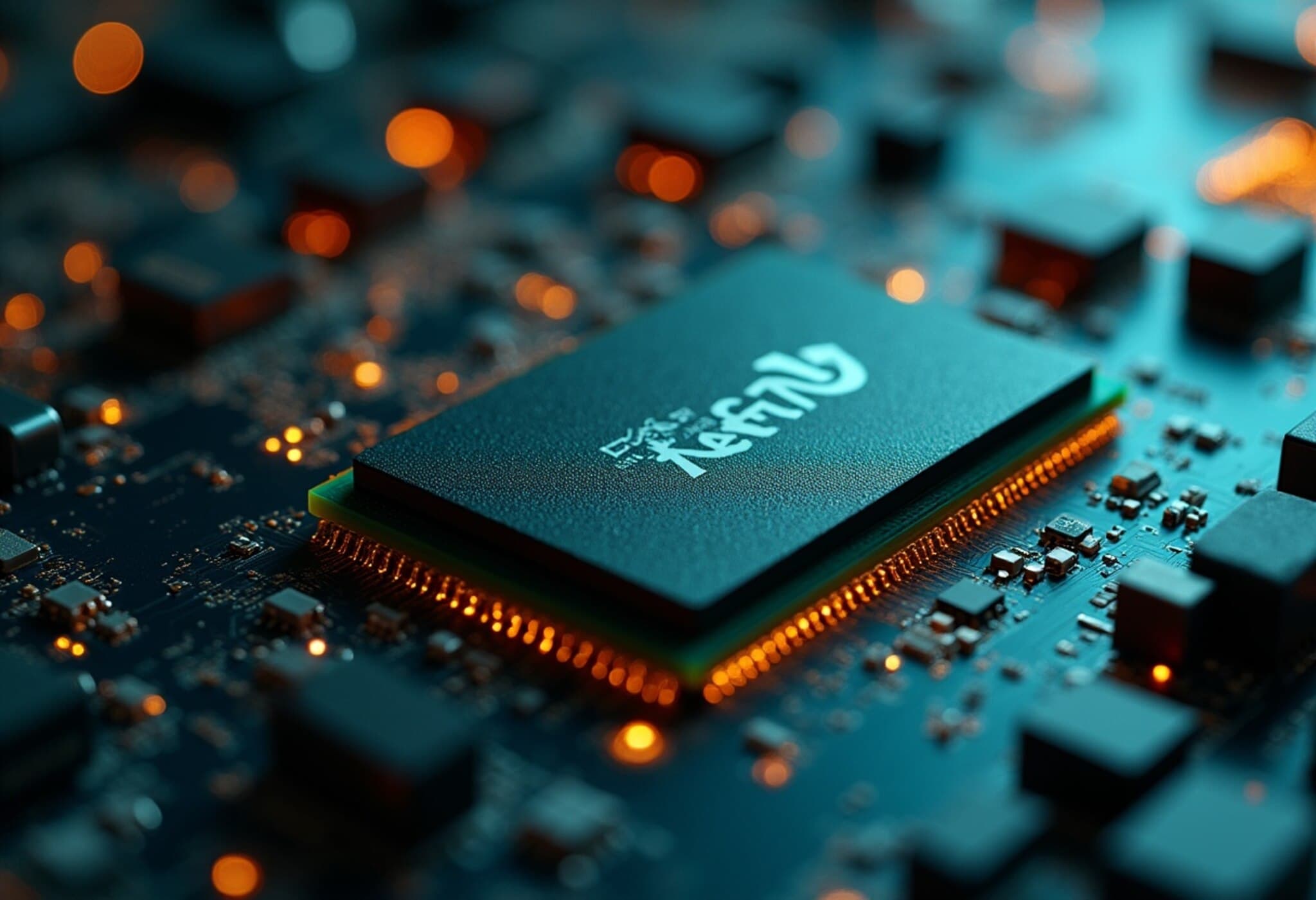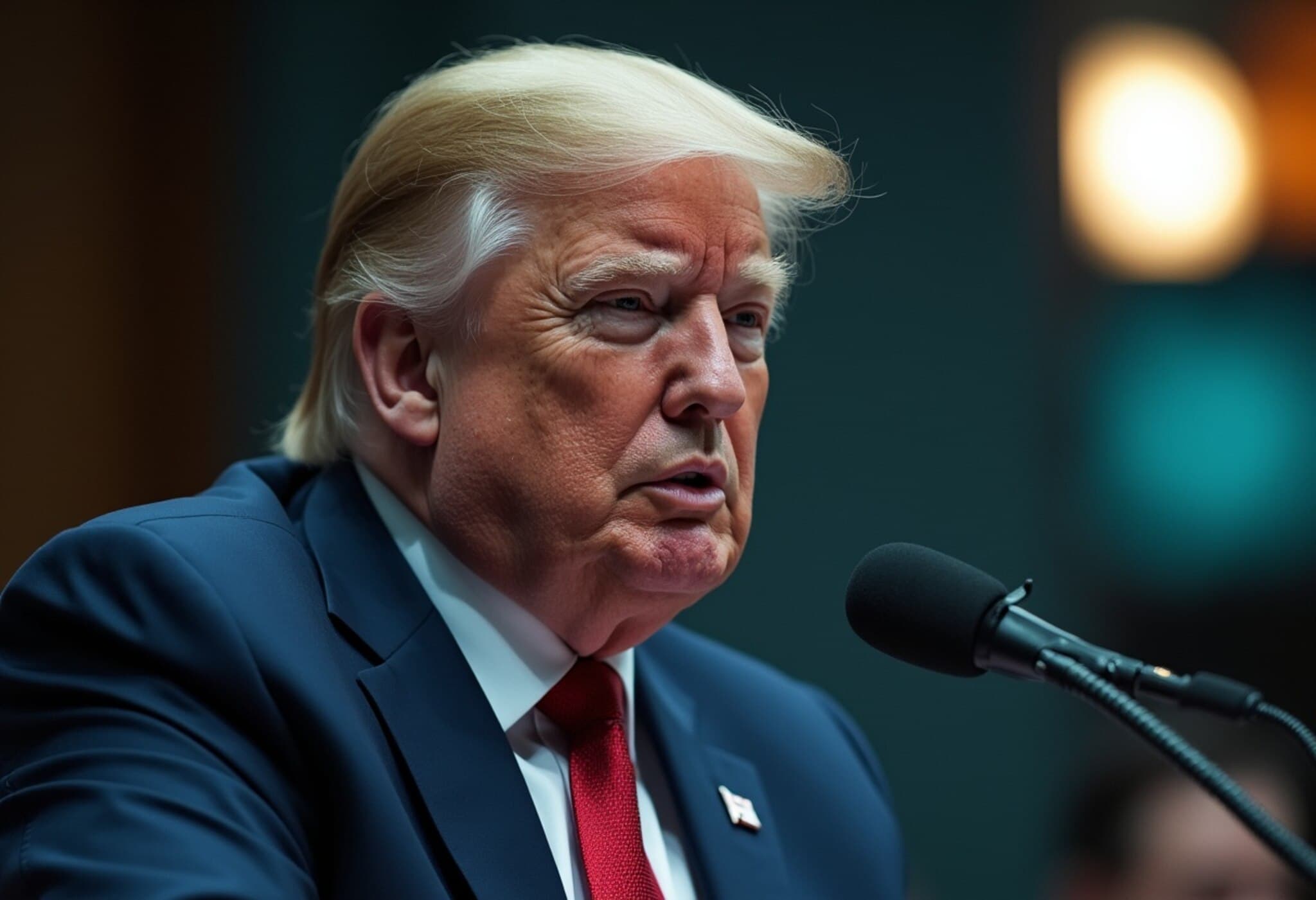China Urges Caution Over Nvidia and AMD AI Chips
In a significant move underscoring the intensifying technology rivalry between the United States and China, Chinese authorities have reportedly instructed companies to avoid deploying Nvidia's newly authorized H20 artificial intelligence chips and similar products from Advanced Micro Devices (AMD) for sensitive government and national security applications. This development comes in the wake of U.S. administration policies requiring export licenses for advanced AI chip shipments to China earlier this year.
Background: U.S. Export Controls and Corporate Responses
Earlier in 2025, the U.S. government implemented tighter export controls targeting AI chips, citing concerns over advancements in technology that could affect national security. As a result, Nvidia and AMD had to adjust their product offerings to the Chinese market. Both companies developed slightly less advanced versions—Nvidia's H20 and AMD's MI380 chips—designed to circumvent some of these restrictions while maintaining business ties with China.
Recently, both Nvidia and AMD announced plans to resume shipments to China following the granting of export licenses, signaling a cautious reopening despite the regulatory hurdles. However, the White House confirmed that these companies agreed to remit 15% of their revenue generated in China back to the U.S. government, an unprecedented revenue-sharing arrangement reflecting the geopolitical stakes involved.
Market Implications and Stock Performance
Shares of Nvidia and AMD exhibited volatility in response to these evolving dynamics, reflecting investors' uncertainty about future market access and geopolitical risks. For instance, Nvidia CEO Jensen Huang previously warned that losing traction in the Chinese market would be a substantial setback, with expectations that China's AI market could swell to $50 billion within the next two to three years.
Expert Insight: Strategic and Economic Dimensions
This episode highlights how intertwined global semiconductor supply chains have become and how geopolitical tensions can ripple through corporate strategies and international trade. Government directives urging Chinese companies to avoid using specific U.S.-origin AI chips in critical sectors reveal Beijing's balancing act between leveraging cutting-edge technology and mitigating foreign influence in sensitive domains.
Furthermore, the U.S.'s requirement for revenue sharing from China sales raises complex questions about the intersection of economic interests and national security in an era where technology supremacy shapes global power.
Underreported Angles
- Impact on Chinese Tech Development: China's move may accelerate domestic AI chip innovation efforts, as reliance on foreign technology becomes politically contentious.
- Regulatory Compliance Challenges: For multinationals like Nvidia and AMD, navigating the labyrinth of export controls, political demands, and market access highlights the operational challenges in a bifurcated global tech ecosystem.
- Broader Geopolitical Stakes: This situation exemplifies how technology, trade, and security considerations converge to redefine international relations beyond traditional diplomacy.
Looking Ahead: The Future of AI Chip Markets
With China positioning itself to limit foreign AI chip usage in sensitive sectors, and U.S. companies adapting to a more fragmented market landscape, the global AI hardware ecosystem may witness accelerated diversification. Both countries are likely to ramp up investment in domestic capabilities, fostering competition but also sparking risks of supply shortages and innovation bottlenecks.
Moreover, policy decisions going forward will need to carefully balance economic benefits, technological advancement, and national security imperatives—a challenging tightrope for stakeholders on both sides.
Editor’s Note
The unfolding narrative between China, the U.S., Nvidia, and AMD encapsulates the growing crossroads of technology, geopolitics, and commerce. For readers and policymakers alike, it raises critical questions: How can companies operate efficiently amid escalating export controls? What strategies can countries adopt to safeguard national security without stifling innovation? And ultimately, how will these tensions shape the future of global AI development? Observing this evolving story will be crucial for understanding the next phase of the digital world's geopolitical chess game.










